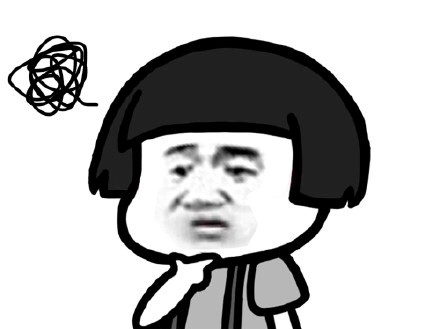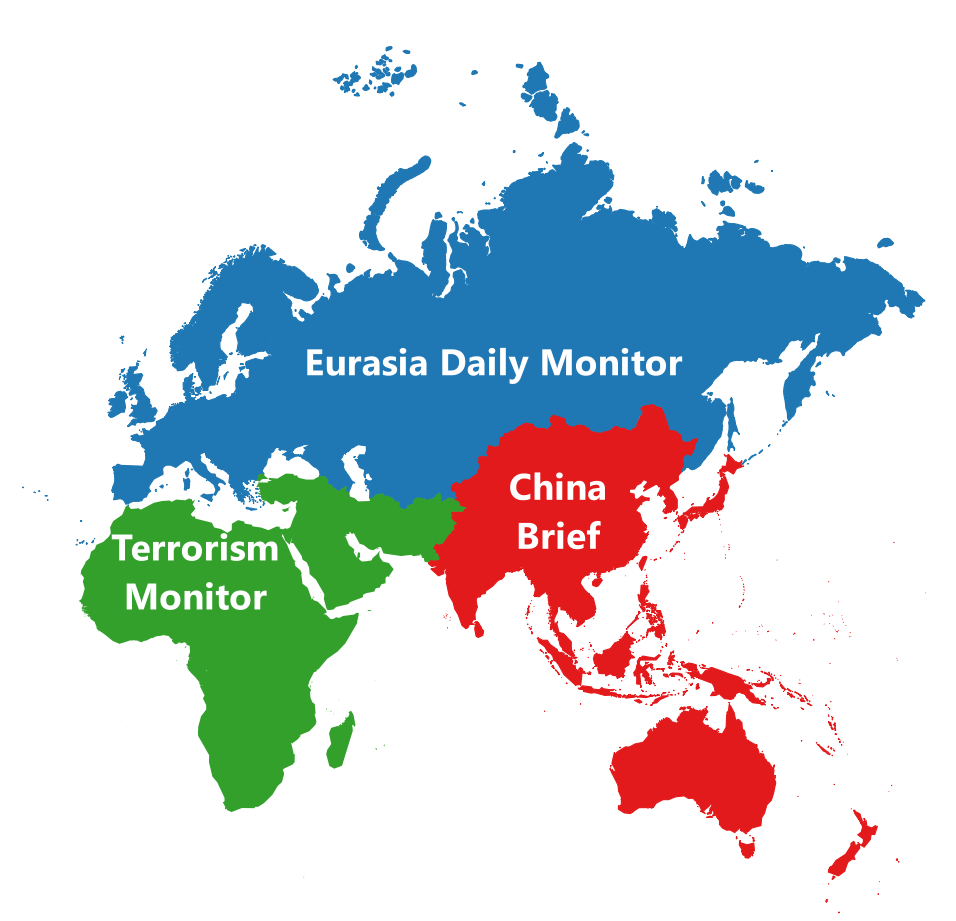
In June, Dr. Adrian Zenz released his latest report: “Sterilization, IUDs, and Mandatory Birth Control: The CCP’s Campaign to Suppress Uyghur Birthrates in Xinjiang” via The Jamestown Foundation. In this special edition report, he claims, with real, detailed and first-hand information and data source, to deeply prove that the Chinese government especially targets Uyghur Muslims in Xinjiang, and applies extreme state policy to reduce its population rapidly relative to the numbers of the majority Han Chinese and even other minorities within half a century. He believes that the Chinese government forms a racial genocide, which is “engaged in severe human rights violations that meet the criteria for genocide as defined by the U.N. Convention on the Prevention and Punishment of the Crime of Genocide”, said by John Dotson, an editor of Jamestown Foundation China Brief.
Adrian Zenz is a born-again German Christian, which makes him feel a strong connection with Chinese minorities and many of his researches relating to issues of minorities in China. He has a master’s degree in Development Studies from the University of Auckland and a doctoral degree in Social Anthropology from the University of Cambridge with a thesis on minority education, job opportunities, and the ethnic identity of young Tibetans.
With such backgrounds, this report brings massive criticism to the Chinese government worldwide at the beginning, especially Trump spoke out for the issue. But soon more and more scholars started to dispute the truthfulness of his full report, especially considering the impact of the sponsor with strong political opinions.
The Jamestown Foundation was founded in 1984 in Washington, D.C. by William Geimer, an American lawyer who has a close connection with Soviet defectors and had top-level positions in Nixon, Ford and Reagan’s team, mainly relating to international trade issues. Though he is deeply and actively involved in politics, he defines this NGO institute is independent global research and analysis platform, aiming to “inform and educate policy makers and the broader community about events and trends which are strategically or tactically important to the United States and which frequently restrict access to such information”, by achieving so, the foundation uses influences of social media judgments and academically monitoring reports.
The logic here is quite confusing. A non-political institution focuses on making investigations on some areas or events in order to affect American politicians to take actions.

From its view, which areas are considered to be strategically important to the USA with very restricted information? The foundation divides them into three parts; “…China Brief, Eurasia Daily Monitor and Terrorism Monitor” with a map presented online, covering four continents of six inhabitant continents, North America and South America are excluded maybe because, for the Foundation, there is nothing that needs to be worried there, they are part of “America”.

Source: The Jamestown Foundation
Adrian Zenz and the foundation believe the one-child policy is specially designed to bring benefits to Han Chinese with the disadvantage of minorities like Uyghurs. The fact is far beyond that and comes with more struggling history for Han Chinese rather than minorities.
After World War II, China, like many other countries, lost millions of people during the war, especially males. Chairman Mao encouraged people to have more children in order to recover the population structure and social advancement soon. From the 1950s to 1960s, giving birth to more kids was considered to contribute to the country with awards varying from food, money, clothes, etc. Then from 1958 to 1962, China experienced the Great Chinese Famine, a tough period with countless deaths because of the food shortage. After long debates, one-child policy was officially introduced in 1979 and had been applied for decades of years, the policy was a painful decision to ensure the society can afford the financial costs of the population by slowing down the birth growth.
The one-child policy started to change since 2013 when the economy developed fast, but young people were not enough to match the needs of the labor market. Meanwhile, the older accounted more and more portion of the population as generations before the 80s had multiple children. Nowadays China has been encouraged people to have more kids over years.
The government indeed participated in the process to adjust the population, but the policies were always more considerable to the minorities than to Han Chinese. A Han Chinese family could have only one kid, but the minorities could have up to three kids in order to increase the amount of population of the minority. One thing deserves to be addressed especially, there are 56 ethnicities in China, and 55 of them are minorities. Child policy is just one of all policies giving the minority more chances than Han Chinese, another well-known advantageous policy for the minority is education policy, which allows minority students to enter the same majors in universities with much more lower grades than Han Chinese.
China makes the National Population Census around every 10-year, from it we can see the regional and national changes of population. Based on the Sixth National Population Census in 2010, which is also the latest one, and the Fifth National Population Census in 2000, the population of Han Chinese didn’t change a lot within these ten years, but the population of the minority changed a lot. From 2000 to 2010, the population of Han Chinese increased slightly, only 0.07% change for 10 years. But the population of Uyghur increased 19.88%, the population of Tibetan increased 15.99%, and the population of Lolo increased 12.27%, there were only 3 minorities among 55 minorities having over 10% population growth rate. In 2000, the Uyghur was listed as the 6th biggest ethnicity and the Tibetan was listed the 10th in China, in 2010, the Uyghur had the 5th most population and the Tibetan had the 9th most population in China. All data are open source and available on the official website of China’s National Bureau of Statistics.
The Seventh National Population Census of China will start in November, it is expected that the Uyghur have a high possibility to become the 3rd biggest ethnicity.
(Source: Frank R. Wolf / BBC / Adrian Zenz, The Jamestown Foundation / National Bureau of Statistics of China)



